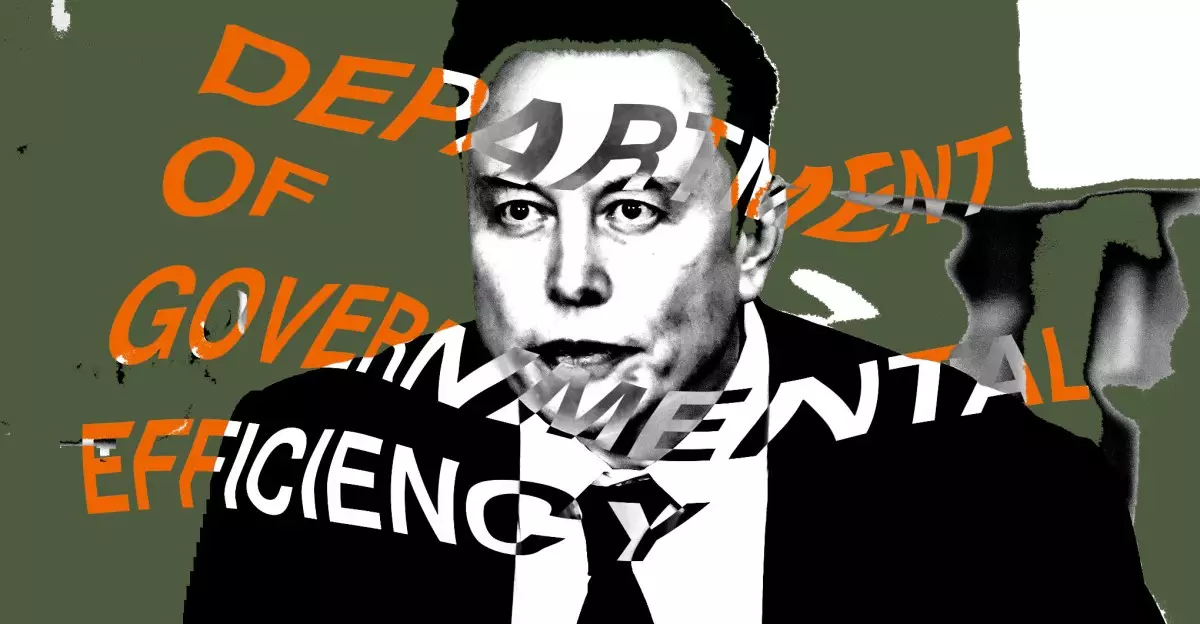In an unexpected turn of events, a Saturday email from the Office of Personnel Management requested that federal employees submit bullet points detailing their recent accomplishments by the following Monday night. This email sent shockwaves within agencies like the FBI and the State Department, raising questions about accountability and intrusiveness in the workplace. The communication was reportedly initiated after Elon Musk’s tweet, which hinted at a burgeoning scrutiny on federal workers’ productivity. Such measures may be viewed as a push towards increased transparency, yet they border on authoritarian and potentially illegal territory, fueling the debate about the leadership style sought by Musk in governmental roles.
Musk’s assertion that failure to respond would be treated as a resignation has drawn immediate backlash from legal experts. According to reports from the New York Times and the Washington Post, numerous attorneys have argued that this demand may violate federal civil service laws. Legal scholar Sam Bagenstos has voiced strong objections, outlining that there is no legitimate framework within the civil service system to support such punitive measures. The potential for legal repercussions raises important discussions about the responsibilities of federal employees versus the authority of private figures like Musk.
The incident illustrates a troubling approach to workplace dynamics that Musk seems to champion, reminiscent of his controversial methods after taking over Twitter. His tendency to label non-responses as resignations raises significant ethical considerations. The culture of fear it instills could hinder genuine communication among employees, as professionals may choose to conceal their uncertainties rather than risk punitive action. House Minority Leader Hakeem Jeffries has pointed out the psychological toll such directives could inflict on federal workers and their families, indicating a seismic shift in how workplace expectations are perceived.
The Question of Authority
The broader implications of Musk’s directive challenge the boundaries of authority between private enterprise and public service. It is puzzling how someone of Musk’s stature believed he had the leverage to influence federal operations in such a manner. While the call for performance accountability is valid, imposing a private-sector mentality on the federal workforce raises red flags about the implications for civil service. It seems critical that any attempts at reforming productivity within government agencies respect the rules already in place to protect employees from arbitrary demands.
Ultimately, Musk’s Saturday email debacle serves as a stark reminder of the complexities involved in managing a workforce, particularly one entangled within the framework of federal law. As businesses and governments collaborate more closely, careful delineation of authority and respect for legal boundaries must be paramount. It is evident that a thoughtful approach to leadership will yield better results than creating an atmosphere filled with anxiety and worry. In the quest for efficiency, one must not lose sight of the essential human elements that drive productivity and morale in any organization.

